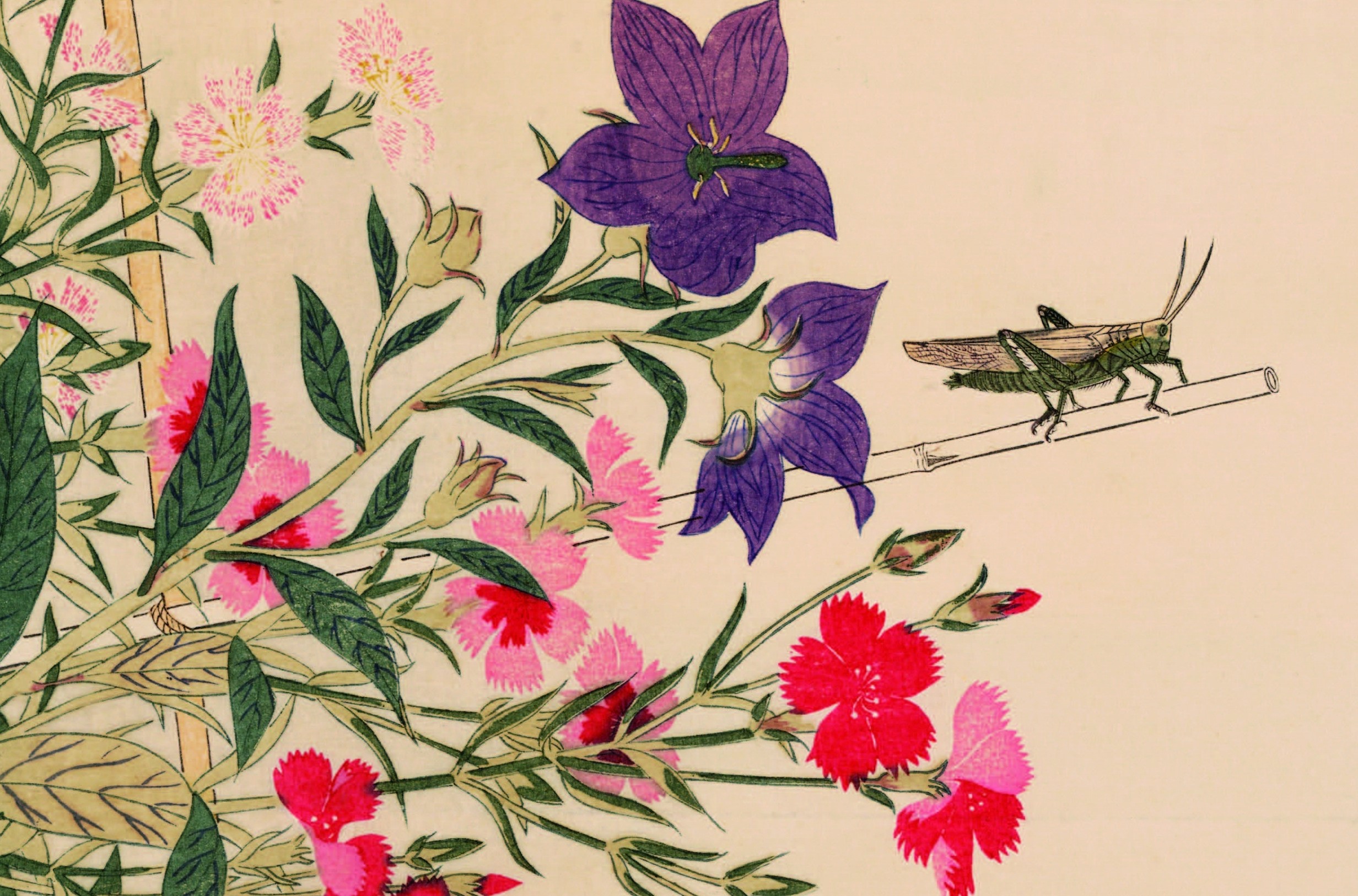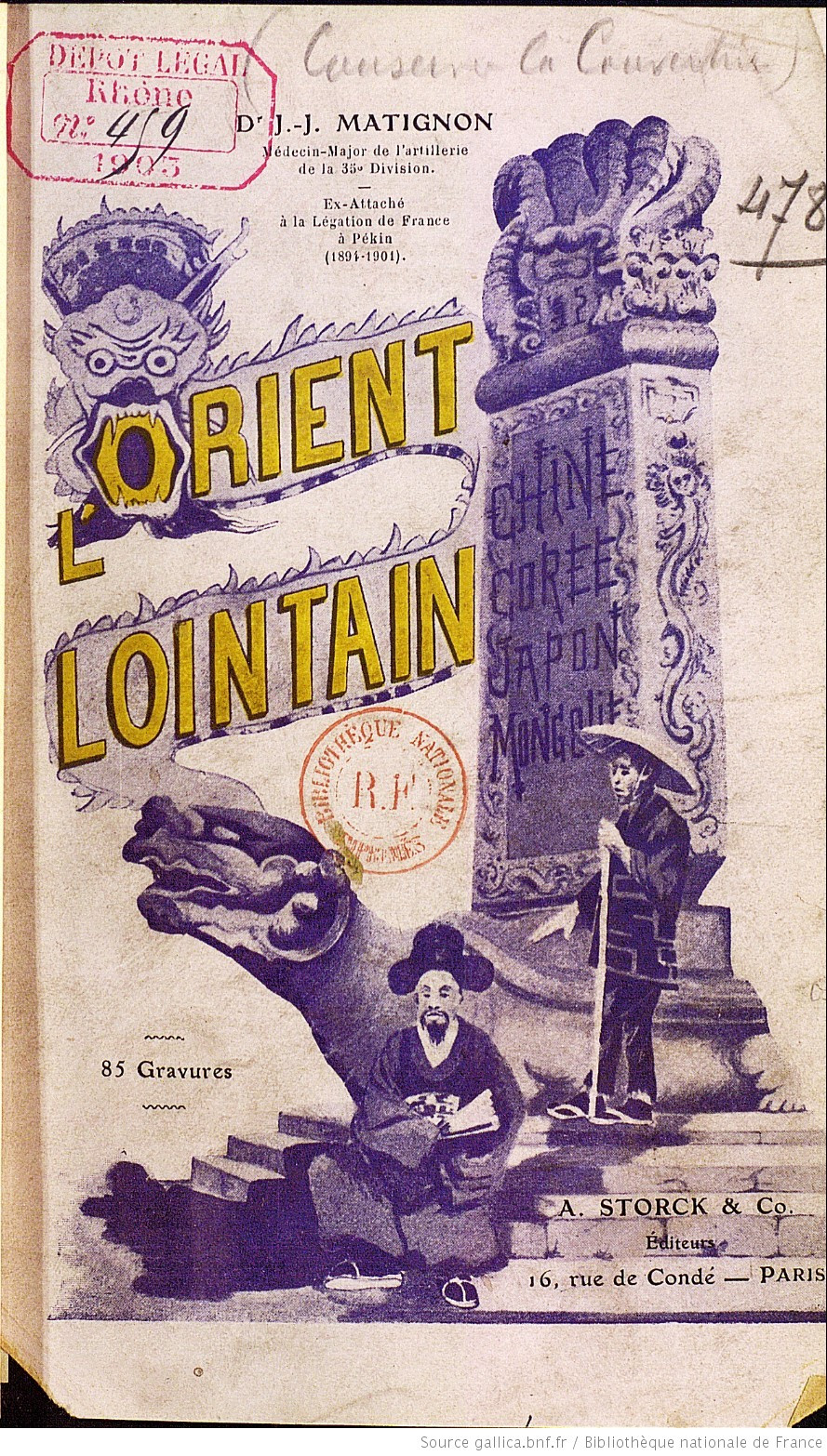
MATIGNON Jean-Jacques (EN)
Biographical article
Jean-Jacques Matignon was a military doctor, a house officer in the hospitals of Bordeaux, who graduated as a medical doctor in 1892; he was subsequently a trainee doctor in the Hôpital d’Instruction des Armées du Val-de-Grâce in Paris. He stayed in the Far East between 1894 and 1901, years during which he was mainly an attaché to the post of Médecin-Major de l’Armée Coloniale at the French legation in Peking. During the rebellion of the Boxers (fanatical Chinese nationalists), he actively took part, between June and August 1900, in defending the foreign legations during the siege of the foreign embassies in Peking. The military authorities even thought he had been killed and published an obituary, which eventually proved untrue after the embassies were saved. A curious and open-minded individual, he published many medical works, as well as innovative anthropological works on Asia and its customs, which he studied in great detail. An amateur photographer, he also illustrated various newspaper articles about the Japanese invasion of Manchuria, which were published in the journals L’Illustration and Le Tour du monde. He also wrote several works, including a book of souvenirs about Japan and Korea (1903), countries he visited during an investigative trip in 1897. He was made Chevalier (in December 1900), then Officier de la Légion d’Honneur in February 1917, but little else is known about his life after his return to Europe until his death in 1928.

The collection
Jean-Jacques Matignon studied at the Faculty of Medicine in Bordeaux, which gave its students access to the extra-European educational collections of the Musée de Pathologie Exotique et d’Études Coloniales, which had been recently created in the building. These collections were specifically aimed at educating the students about the habits and customs, lifestyles, and know-how of the populations that the futured young military doctors and ‘navalais’ would be required to be familiar with during their missions in the overseas territories and French colonies. Dr Matignon became a very active collector for the museum throughout the years he spent in China. Like his colleagues, he sent quite regularly to Bordeaux, between 1897 and 1909 (as referenced in the book of donations made to the museum), photographs, everyday objects, sacred objects such as statues of the Buddha, and textiles, including a complete Chinese general’s uniform (909.3.1), which is still held in the Musée d’Ethnographie in the University of Bordeaux.
Related articles
Collection / collection d'une personne
Personne / personne



